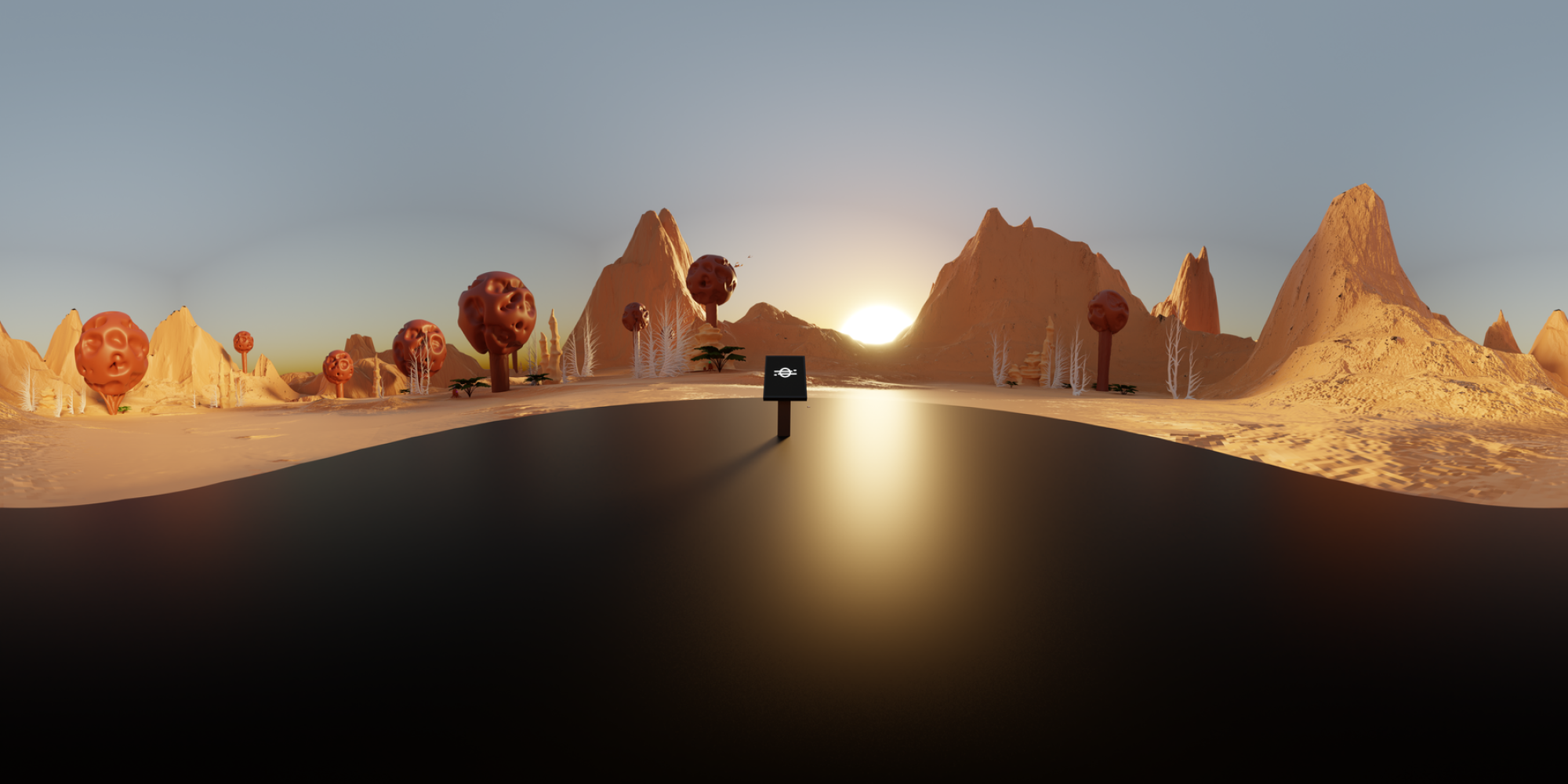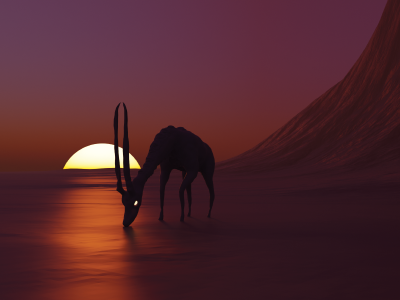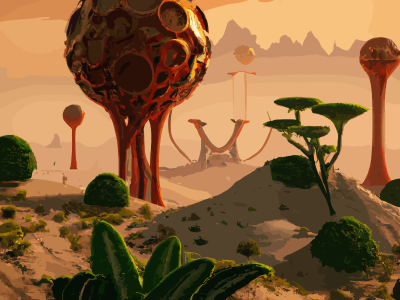

Hi! I’m Ethan! I'm an interaction designer specialising in UX/UI, AR/VR interfaces, artificial intelligence, and 3D design. Currently, I am working as a UX Designer at Rapid7, where I am focused on shaping the future of cybersecurity.
During my time at IXD, I have always pushed the boundaries of my designs with each project. I have imagined the future possibilities that lie ahead as technology continues to advance, and I strive to create forward-thinking, user-centric experiences using conceptual ideas.
From a very early age, I have always had a massive interest in space and technology, with science fiction driving many of my design ideas. This passion has motivated me to create a vision of a truly immersive space experience for users to enjoy and become immersed in.

Going into final year I knew I wanted to chase this vision of an immersive experience, and after a few iterations of what that might look like I settled on Astraeus. Currently Earth is the only planet we know that can support complex life, but what if that wasn’t the case?
Astraeus is an immersive exhibition that aims to transport users across the stars to distant worlds, exploring what life might look like if we were to orbit a distant star. By utilizing a combination of immersive technologies and reality-altering technologies like Virtual Reality, Astraeus immerses users in their own alien worlds. It allows them to explore what lies beyond and, perhaps, inspires individuals to gaze up at our own night sky and wonder what's out there.




To create Astraeus, I had to step beyond my comfort zone and utilize new tools and innovative processes, given the conceptual nature of the project. For the exhibition itself, I employed a combination of 3D modeling tools, primarily Blender and Zbrush, to craft an immersive depiction of the conceptual space. To bring the space to life, I incorporated volumetric lighting, photorealistic textures as assets, and AI-generated textures.
To highlight the exhibition, I aimed to create an immersive demo that would enable users to personally test and experience the size and scale of the exhibition I had designed in Blender. To accomplish this, I exported each zone I had designed as a 360° image and utilized a Figma plugin called DraftXR. Initially, this demo was intended to be a small part of my project. However, I eventually expanded its scope to include over 100 distinct rendered zones, showcasing the endless possibilities available to users.
Throughout the process, I followed familiar UX practices for research, such as creating user flows, journeys, and personas. However, because the project was conceptual and set in the year 2043, my user base did not yet exist. To address this, I utilized the Open AI API to create future personas. These personas were designed to represent users from the future and could be interviewed organically, providing insights into the exhibition. I used these personas as the target audience for the exhibition, asking them about their basic needs, interests, and hobbies.





Since its inception, Astraeus has been one of the most challenging projects I have undertaken. However, it has also been the most rewarding. The outcome of this project surpasses my initial vision of what it could be.
Astraeus is a fully modeled immersive exhibition that uses AI-generated texture maps. It pushes the boundaries in terms of 3D modeling methodologies by using AI prompts to imagine what alien worlds might be like. Combining this immersive 3D exhibition with an interactive WebVR experience through DraftXR creates an interactive and in-person showcase of the conceptual exhibition. This allows users to get a taste of what Astraeus could be.
With the integration of DraftXR, an interactive WebVR platform, visitors can actively engage with the exhibition and immerse themselves in the conceptual worlds created by AI. This combination of immersive 3D exhibition and interactive WebVR experience adds an extra layer of interactivity, making Astraeus a truly captivating and memorable showcase of innovative art and technology.
In addition to these achievements, Astraeus pioneers AI research with future personas. Although it does not involve in-person user interviews, it enables the creation of future users based on data from their future world.
My objective at the beginning of this project was to get people looking up. I am satisfied that Astraeus not only achieves that mission objective but surpasses it, getting users to look up and beyond, allowing them to imagine what's out there.
Discover more at www.astraeus-exhibition.com




